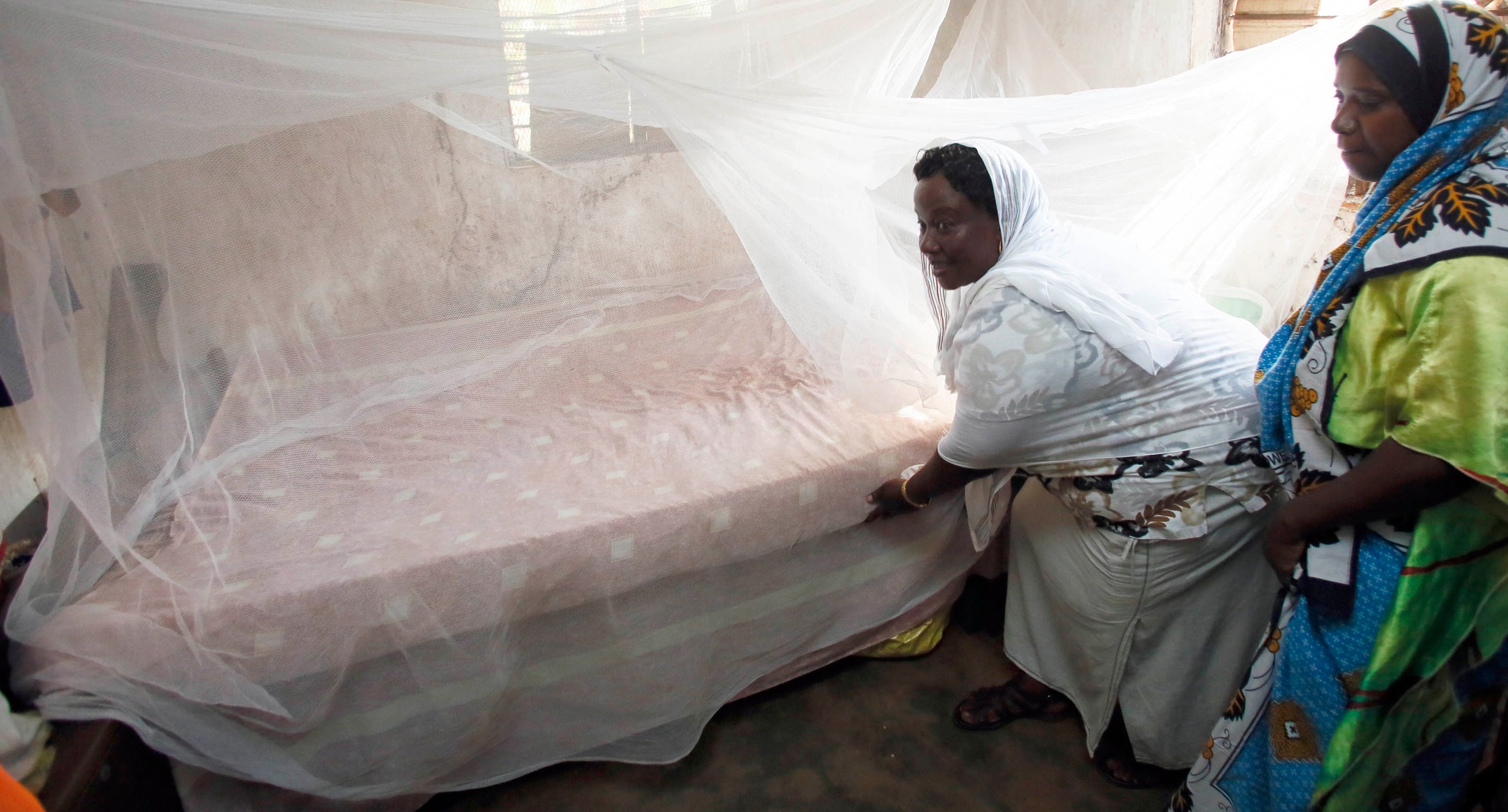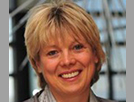
Introduction to the Advanced Module: Crucial role of management in the fight against malaria. The specific managerial challenges of malaria eradication.
Learning Objectives:
- The importance of management: how it makes a difference.
- Engaging with experts and peers in the eradication fight.
- The learning experience: build own ideas, skills and tools for better management of malaria eradication.
The development of the Tanzanian National Mosquito Net program (NATNETS) (2002-13). Discuss key decisions points from a management perspective.
Learning Objectives:
- Understand the main management drivers of a large-scale vector control program.
- Understand the complexity of decision-making in a private-public development partnership with multiple stakeholders.
Managing the transition from programmatic control of malaria to an integrated malaria eradication approach within health systems.
Learning Objectives:
- Manage the transition from control to eradication.
- Manage the adoption of complex innovations.
The construction of the Guggenheim Project in Bilbao. Managing a complex multi-stakeholder project.
Learning Objectives:
- Review the different phases in the project life cycle and illustrate some of the useful tools to manage them.
- Understand the complexity of decision-making in a private-public development partnership with multiple stakeholders.
Review different aspects of project management: The project cycle, selection, definition and Planning and managing risks.
Learning Objectives:
- Insights into managing projects: project life cycle and useful tools to managing the different project stages.
- Application to the Malaria Eradication context building on participants’ experiences.
- Improve abilities to:
- Prioritize projects on the project portfolio and determine which ones to launch.
- Define the projects in a way that increases the probability of success.
- Understand and influence the key stakeholders.
- Determine the success criteria and the performance indicators for a project.

Review the experience of IFFIM, the Innovative Finance Facility for Immunization, an innovative financing mechanism for achieving the Millennium Development Goals (MDGs).
Learning Objectives:
- Understanding the design and set-up of IFFIM as example innovative financing tool.
- Lessons to be drawn from the IFFIM experience for the eradication of malaria
Review different innovative financing tools and experiences.
Learning Objectives:
- Understanding the range of innovative financing instruments
- Insights into approaches and methodologies for matching needs/objectives with instruments.
- Managing implementation and relevance for malaria eradication.
New business Models in Global Health. CFWShops is a network of pharmacy franchises in Kenya, managed by the Sustainable Healthcare Foundation (SHF). Based on the concept of franchising, the outlets are for-profit, managed by nurses, who provide medications, care and some hygiene products. Among the managerial challenges are supply chain, information system, financial sustainability and growth.
Learning Objectives:
- Application of successful business models to global health / malaria eradication.
- Innovative business models and entrepreneurial management.
- Managing the private / public interface.
The industry perspective and innovative roles in malaria eradication.
Learning Objectives:
- Understand innovative ways, the industry can contribute to malaria eradication.
- Managing the industry / health system interface
- Managing challenge such as IP, etc.
Models for innovation in global health have evolved rapidly over the past decade with the influx of resources for global programs and research. Building a credible pipeline for innovation to solve what is yet unresolved is a critical component of a global enterprise. We will examine these new approaches: Grand Challenges/GC Exploration; the PDP system (the MMV experience); and approaches to crowd source from the community for innovative targets and ideas in the research field (the malERA initiative).
Learning Objectives:
- Are we more likely to solve our biggest challenges with innovative approaches to innovation?
- Overview of the innovations in the field (“pipeline”).
- How does this apply to my reality? Driving and implementing innovations.
- Is there a needed balance in solving problems in management of severe disease and disease eradication?
The Sri Lanka case: From scale-up for impact to elimination.
Learning Objectives:
- Surveillance as an intervention for elimination.
- Assure sustainable elimination.
- Information management: leadership and strategic partnerships.
Draws on Global Malaria Strategies and Action Plans (GMAP, GPARC, GPIRM, etc.).
Learning Objectives:
- Build consensus and manage strategic partnerships.
- Fostering collaboration in a multi-stakeholder context.
- Turning global strategic into local actions (accountability).







